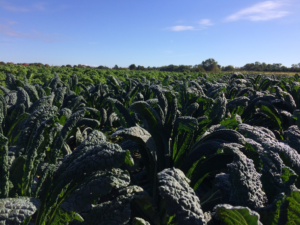Eastern farmers and agricultural producers have experienced unprecedented challenges in handling the vulnerability of our food systems. As we move forward to plan for a new season and a new year during the COVID pandemic, there is an urgent need to seek and identify best strategies to support farmers and agricultural producers in adjusting goals and achieving prosperity. This Open Forum – January 20, 2021 at 12:00 – 1:30 p.m. – will provide practitioners, extension agents, farmers, and agricultural producers an opportunity to identify gaps, brainstorm ideas, and share examples to support each other. Presenters leading the discussions will share 1-2 best practices to assist farmers and agricultural producers, including value-added production, agritourism, and other operations types.
This event is free and open to anyone, but registration is required to get the Zoom link. Registration is available by clicking here.
eXtension is embedded in the U.S. Cooperative Extension System and serves on the Extension Committee on Organization and Policy (ECOP). eXtension provides an array of opportunities for Extension professionals that foster innovation creation, the adoption of innovations at member institutions, and increased impact of Extension programs.

